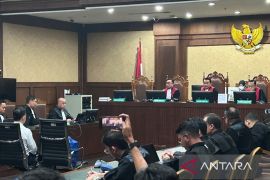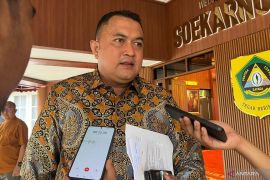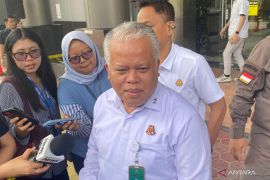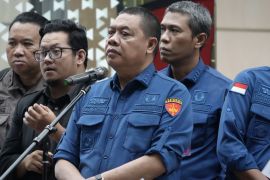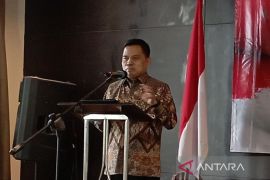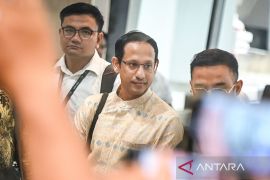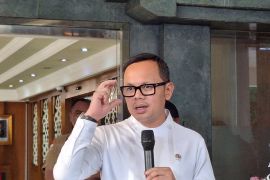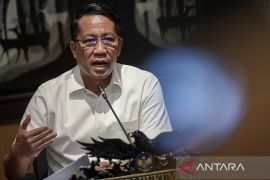"Indonesia scored 32 out of 100, based on TI`s survey conducted over the past 24 months. The score puts Indonesia in the 118th place, along with Dominican Republic, Ecuador, Egypt and Madagascar," Secretary General to Transparency International Indonesia Natalia Soebagjo said in a press conference on Thursday.
In the Southeast Asia region, Indonesia is ranked sixth, below the Philippines and above Vietnam.
"The Corruption Perception Index this year has used a new method wherein the final results of the survey come from the aggregate scores of various surveys conducted by a professional institution that clearly documents its data collection method," Natalia noted.
The new method allows Transparency International Indonesia to compare scores over time, which was not possible in the previous method.
The latest method can be used as an effective tool to define whether there has been an actual improvement in the country," Natalia said.
In response to the results seen in Corruption Perception Index 2012, Transparency International Indonesia urged all Indonesians to strengthen the anti-corruption movement in the country by getting "involved in the civil society, worker`s unions, and professional associations".
"The independency and credibility of officials at the Attorney General`s Office, police and court must be improved," she pointed out.
Meanwhile, a member of Presidential Working Unit for Supervision and Management of Development (UKP4), Yunus Husein, said the government had already made a five-year plan to eradicate corruption in the public sector.
He added that the implementation of the plan was evaluated every three months.
"Government plays an important role in the eradication of corruption. Apart from taking firm action against corruption, the government must improve its system in a way that it can support the target of eradicating corruption in Indonesia," Yunus stated.
In the Corruption Perceptions Index 2012 Denmark, Finland and New Zealand tie first place with scores of 90, helped by strong access to information systems and rules governing the behavior of those in public positions.
Afghanistan, North Korea and Somalia are in bottom three of the survey. In these countries lack of accountable leadership and effective public institutions underscore the need to take a much stronger stance against corruption.
(A051/KR-BSR/F001)
Editor: Jafar M Sidik
Copyright © ANTARA 2012
